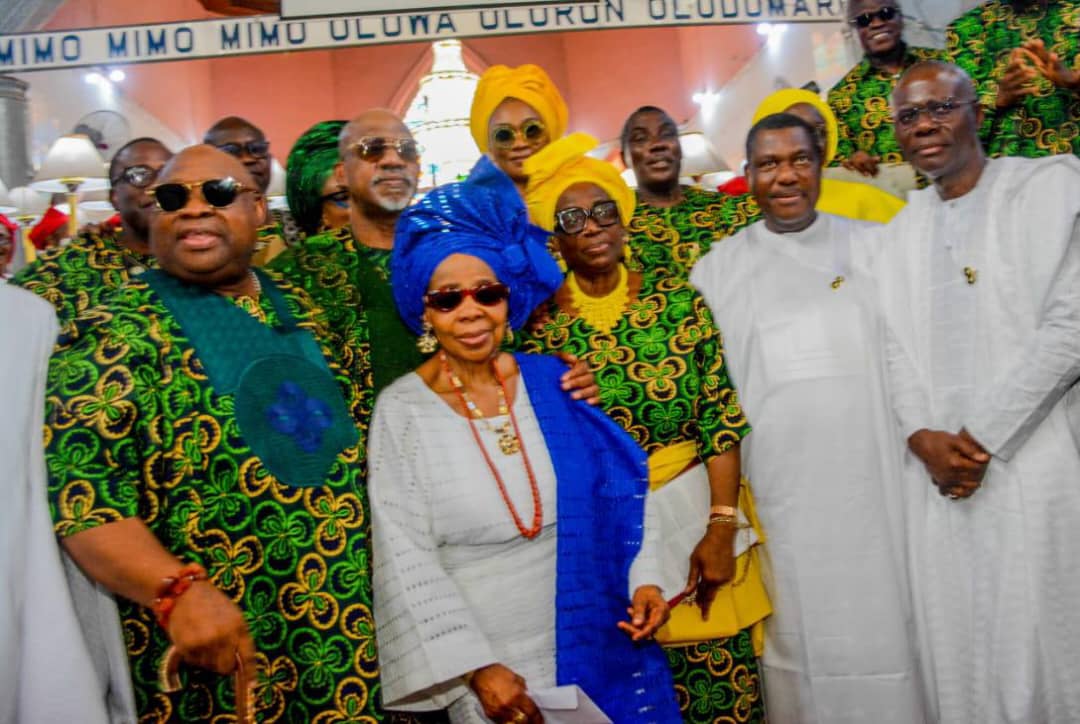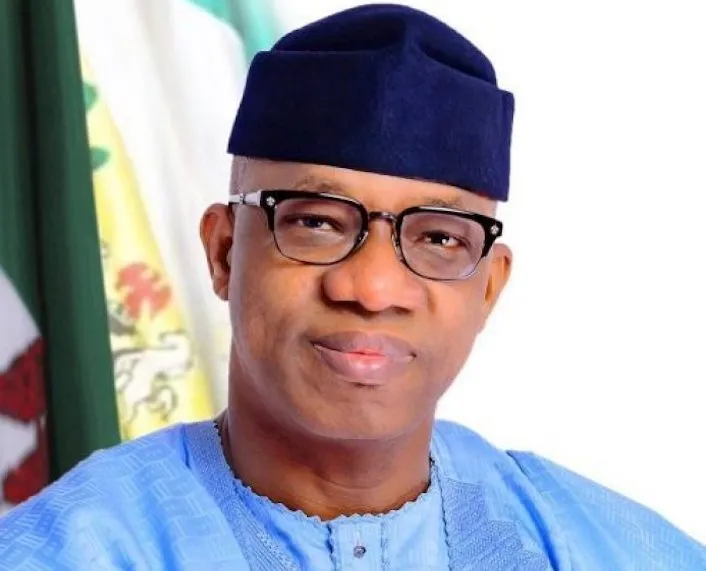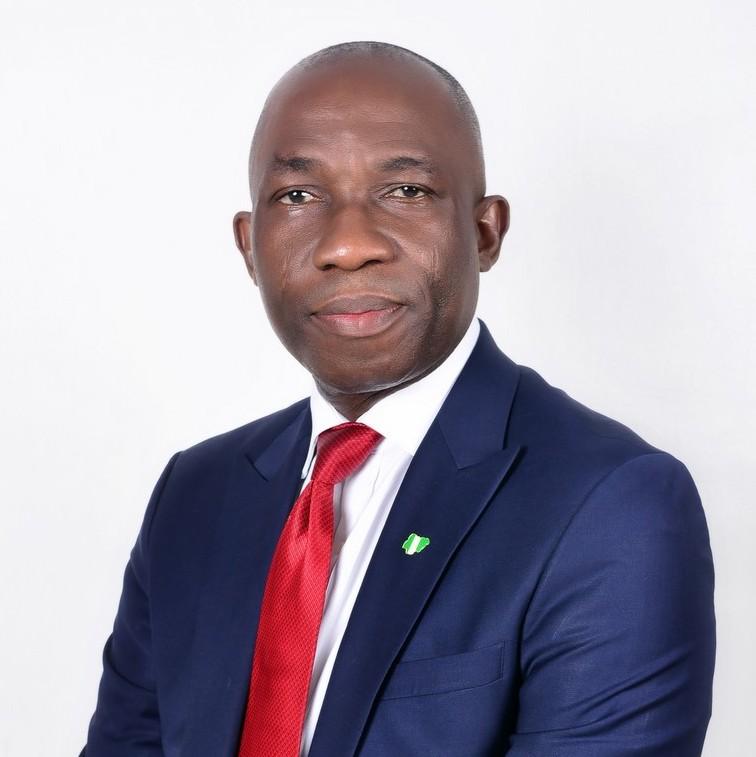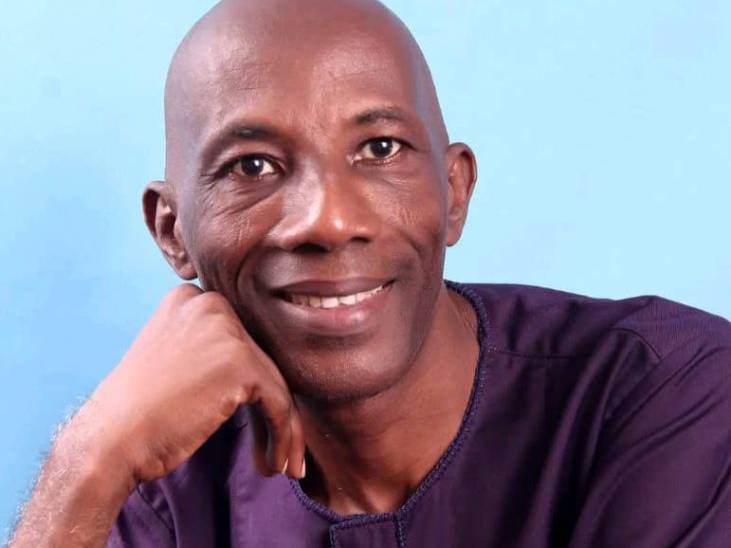By Mohammed Bello Doka
In a landmark ruling that has reverberated across Nigeria’s political landscape, the Kaduna State High Court has struck down an audacious attempt by the state’s Commissioner of Police to suspend all political gatherings under the guise of maintaining public order. The judgment, delivered by Hon. Justice Murtala J. Zubairu, is more than a legal triumph — it is a moral renaissance for a democracy teetering between liberty and authoritarian impulse.
The Commissioner of Police, acting in concert with what analysts describe as a broader effort by the Kaduna State Government to suffocate dissent, filed a suit seeking to halt all political meetings, rallies, and assemblies by opposition parties — notably the African Democratic Congress (ADC) and the Social Democratic Party (SDP). The court, in a decisive blow to state overreach, declared the move unconstitutional, unlawful, and a gross abuse of power.
Justice Zubairu’s judgment was a thunderclap — echoing the principles of liberty enshrined in the Nigerian Constitution. He reminded the police and, by extension, the government, that their role is not to ban democratic expression but to protect it. In his words and spirit, the judgment reaffirmed Section 40 of the 1999 Constitution: the right of every citizen to assemble freely and associate for political purposes. The court ruled that the police, by suspending lawful gatherings, had breached their statutory duty under Sections 4, 83, and 84 of the Police Act 2020.
This was not merely a legal pronouncement; it was a moral reckoning. It exposed the creeping pattern of state-sanctioned intimidation against opposition voices — a pattern that has, over the years, transformed Nigeria’s political field into a theatre of fear and silence.
Across the world, democracies rise or fall not by the ballot alone, but by the unseen strength of institutions that dare to say “no” to the excesses of power. When the Indian Supreme Court struck down Indira Gandhi’s Emergency-era decrees in the 1970s, it rekindled public faith in the rule of law. When the U.S. Supreme Court ruled in New York Times Co. v. United States (1971) — the Pentagon Papers case — it did not merely defend free press; it protected the conscience of democracy. Justice Zubairu’s decision stands in this noble lineage — a judicial uprising against the arrogance of force.
The Kaduna Police, in a chilling display of political bias, had justified their ban by citing “intelligence reports” that opposition gatherings might spark violence. But as the court noted, intelligence without integrity is manipulation. The SDP had, in fact, warned the police weeks earlier about the recruitment of 4,000 thugs by the ruling party — a warning ignored. When violence eventually erupted on August 30, the victims were not the perpetrators. Yet the victims became the accused, and the accuser became the enforcer.
Herein lies the dangerous logic of power: when truth is inconvenient, it is silenced; when justice is delayed, it is denied. The state, emboldened by impunity, sought to weaponize law enforcement against democracy itself. But this time, the court drew the line.
In awarding ₦15 million in damages to the SDP, the Court did more than compensate — it punished impunity and restored dignity. The ruling ordered the police to investigate their own failures and report to the Attorney-General of Kaduna State within 60 days. It was a stinging reminder that accountability begins at home.
Political observers see this case as a mirror reflecting Nigeria’s deeper malaise: the conversion of public institutions into private political tools. From the misuse of the Economic and Financial Crimes Commission (EFCC) to selective arrests of activists, the pattern is familiar — dissent becomes a crime, loyalty a currency. In Kaduna, the pattern found judicial resistance.














Leave a Reply